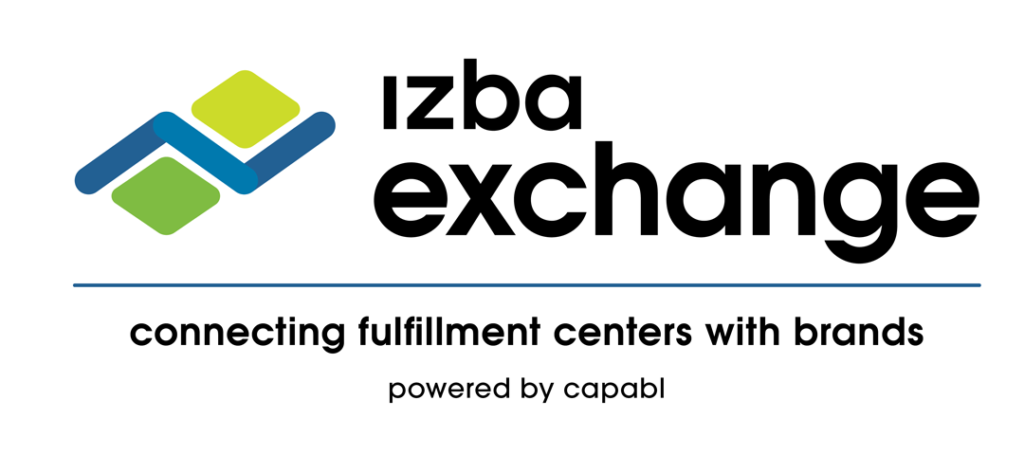
Starting a company in Europe can be an exciting venture, offering opportunities for growth and expansion into a diverse and dynamic market. However, before embarking on this journey, it is crucial to understand the business regulations and legal considerations that differ from country to country within the European Union. In this article, we will explore the factors that determine the ease of company formation in Europe and identify the top European countries that offer favorable conditions for opening a company. We will also delve into the role of digitalization in company formation and highlight important legal considerations. By the end of this article, you will have a comprehensive understanding of the easiest European country to open a company.
Understanding Business Regulations in Europe
Business regulations in Europe are subject to both European Union (EU) laws and individual national laws. The EU plays a significant role in harmonizing regulations across member states, ensuring a level playing field for businesses operating within the EU. However, national laws still have variations, and it is essential to familiarize yourself with the specific regulations of the country you intend to establish your company in.
Expanding your business to Europe offers a wealth of opportunities, but navigating the regulatory landscape can be complex. Understanding the legal framework that governs businesses in Europe is crucial for ensuring compliance and successful operations. By delving into the nuances of EU and national regulations, businesses can position themselves strategically in the European market.
The Role of the European Union in Business Regulations
The European Union has implemented various directives and regulations to streamline business operations within its member states. These regulations cover a wide range of areas, including company formation, taxation, employment, and intellectual property rights. Harmonizing these regulations promotes consistency and simplifies cross-border business activities within the EU.
Moreover, the EU continuously updates and refines its regulatory framework to adapt to the evolving business landscape. Staying informed about these changes is essential for businesses to remain compliant and leverage new opportunities emerging in the European market. Proactive engagement with EU regulations can give businesses a competitive edge and facilitate sustainable growth.
Differences in National Business Laws
While the EU aims to harmonize business regulations, there are still differences in national laws that companies must comply with. These variations can relate to company registration procedures, tax regimes, labor laws, and licensing requirements. Therefore, it is crucial to research and understand the specific business regulations of the country you are interested in.
Each European country has its unique business environment shaped by historical, cultural, and economic factors. Adapting to these differences requires a tailored approach that considers the specific legal requirements and business practices of the target market. By conducting thorough due diligence and seeking expert guidance, businesses can navigate the intricacies of national business laws and establish a strong presence in Europe.
Factors Determining Ease of Company Formation
Several factors play a crucial role in determining the ease of forming a company in Europe. By considering these factors, you can make an informed decision about which country provides the most favorable conditions for your business venture.
Time Required for Company Formation
The time it takes to set up a company can vary significantly from one European country to another. Some countries have streamlined processes that allow businesses to register quickly, often within days or weeks, while others may have more bureaucratic processes that can take several months. Understanding the timeframe involved is essential for planning and effectively launching your business.
Cost of Starting a Business
The cost of starting a business can vary depending on the European country. Factors that contribute to the overall cost include registration fees, legal expenses, accounting fees, and capital requirements. By carefully evaluating the financial implications of starting a business in different European countries, you can choose the option that aligns with your budget and financial goals.
Bureaucracy and Paperwork
Another important factor to consider is the level of bureaucracy and paperwork involved in company formation. Some countries have simplified procedures and digital platforms that streamline the registration process, reducing the need for excessive paperwork and bureaucratic hurdles. Choosing a country with an efficient and streamlined process can save you time, effort, and unnecessary frustrations.
Top European Countries for Easy Company Formation
When it comes to starting a business in Europe, certain countries stand out for their favorable business environments and streamlined company formation processes. Let’s take a closer look at three such countries:
Overview of the United Kingdom
The United Kingdom has traditionally been a popular choice for entrepreneurs looking to open companies in Europe. It offers a relatively straightforward company registration process and provides various support services for businesses. The UK also has a robust legal system and robust financial services sector, making it an attractive destination for startups and established companies alike.
Insights into Estonia
Estonia has gained prominence as a digital leader, offering innovative solutions for company formation. Through its e-Residency program, entrepreneurs can establish and operate their businesses online, regardless of their physical location. Estonia boasts a minimal bureaucratic framework, efficient digital services, and a favorable tax system, making it an appealing option for tech startups and digital nomads.
Why Choose Ireland?
Ireland is another European country that offers favorable conditions for company formation. It has a business-friendly environment, moderate corporate tax rates, and an educated workforce. Ireland’s membership in the EU provides companies with access to the European market and various funding opportunities. These factors make Ireland an attractive choice for businesses seeking to establish a presence in Europe.
The Role of Digitalization in Company Formation
Digitalization has significantly impacted the way businesses operate and has transformed company formation processes. Two key aspects that highlight the role of digitalization in company formation are e-Residency and digital business services.
E-Residency and Digital Nomads
E-Residency programs, like the one offered by Estonia, allow entrepreneurs to establish and manage their businesses remotely. This digital solution eliminates the need for physical presence in the country of incorporation, enabling entrepreneurs to operate their businesses from anywhere in the world. E-Residency programs offer various benefits, including access to digital government services and the ability to sign documents digitally.
Digital Business Services in Europe
Across Europe, digital business services are becoming increasingly prevalent. These services include online company registration platforms, digital tax filing systems, and digital document signing solutions. Leveraging these services simplifies the process of starting and operating a company, reducing paperwork and administrative burdens. Digitalization empowers entrepreneurs to navigate the company formation process swiftly and efficiently.
Legal Considerations When Opening a Company in Europe
When opening a company in Europe, several legal considerations need to be addressed to ensure compliance with applicable laws and protect your business interests.
Intellectual Property Rights
Protecting your intellectual property (IP) is vital for the success of your business. Understanding the IP laws and regulations in the country where you intend to operate is crucial. Consider consulting with legal experts to safeguard your trademarks, patents, copyrights, and trade secrets against infringement or unauthorized use.
Taxation and Double Tax Treaties
Taxation is a significant aspect of running a business, and understanding the tax regulations of the country where you establish your company is crucial. Additionally, consider exploring double tax treaties that exist between countries to ensure you do not face double taxation on your business profits. Working with tax professionals can help you navigate the complexities of international tax laws and optimize your tax position.
In conclusion, the easiest European country to open a company ultimately depends on various factors such as business regulations, time required for company formation, costs, bureaucracy, and digitalization. Consider your business needs and conduct thorough research to determine the country that best aligns with your requirements. Consulting with legal and financial professionals specializing in international business can provide invaluable guidance throughout the company formation process. With careful planning and informed decision-making, you can successfully establish your company in Europe and seize the opportunities that this vibrant market has to offer.
Ready to take the next step in establishing your company in Europe? Let Izba Consulting be your guide. With our expertise in helping founders start, scale, and exit their businesses, we’re here to drive your profitability and enhance your supply chain operations. Benefit from our team’s unique blend of Fortune 500 and startup experience as we partner with you for strategic growth. Don’t miss out on valuable insights and updates—subscribe to our newsletter today and join a community of entrepreneurs who are transforming their visions into reality.




